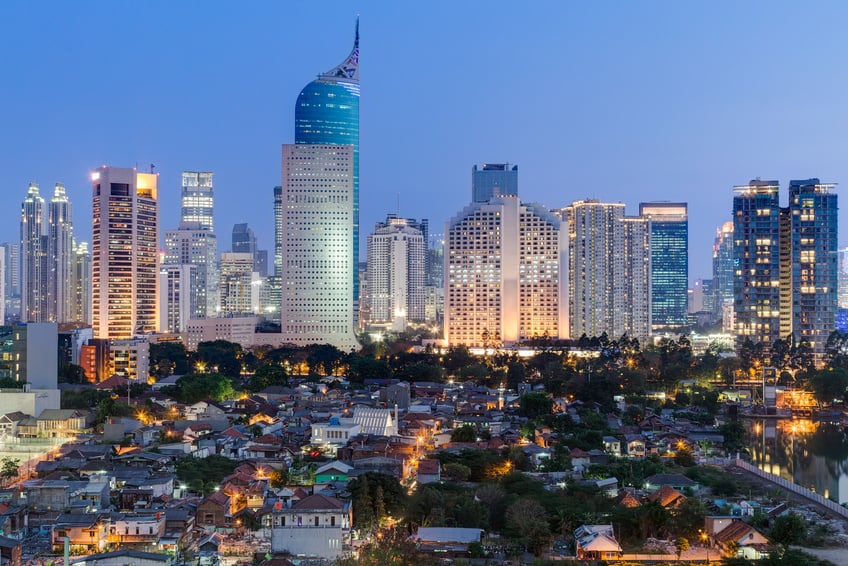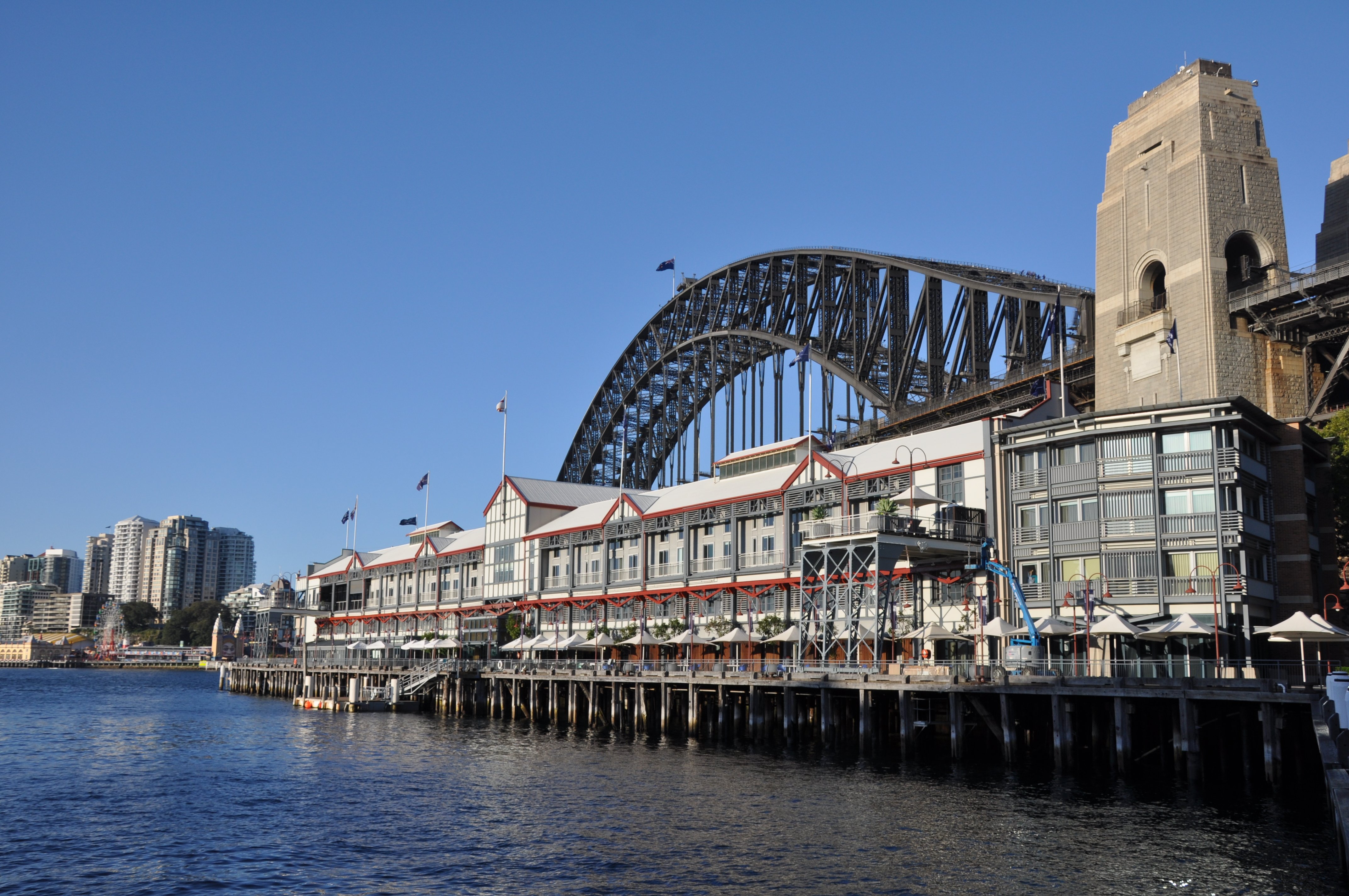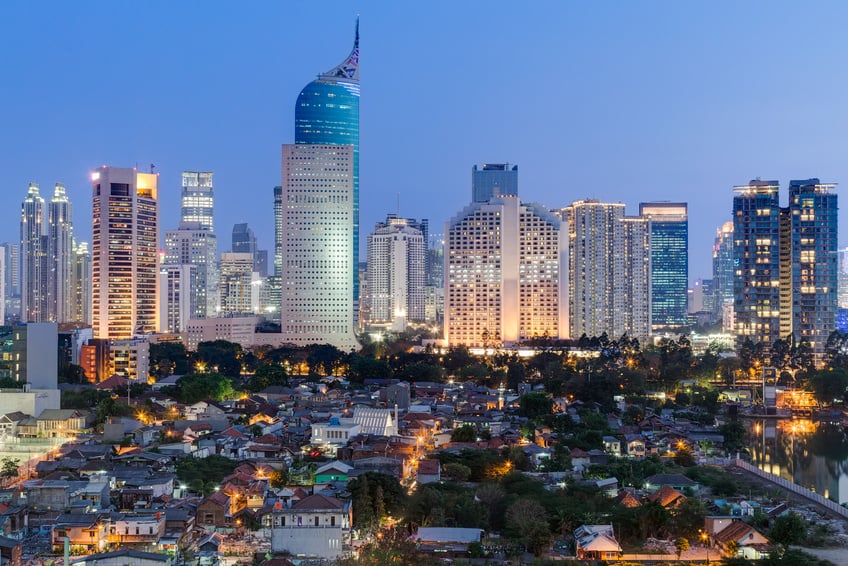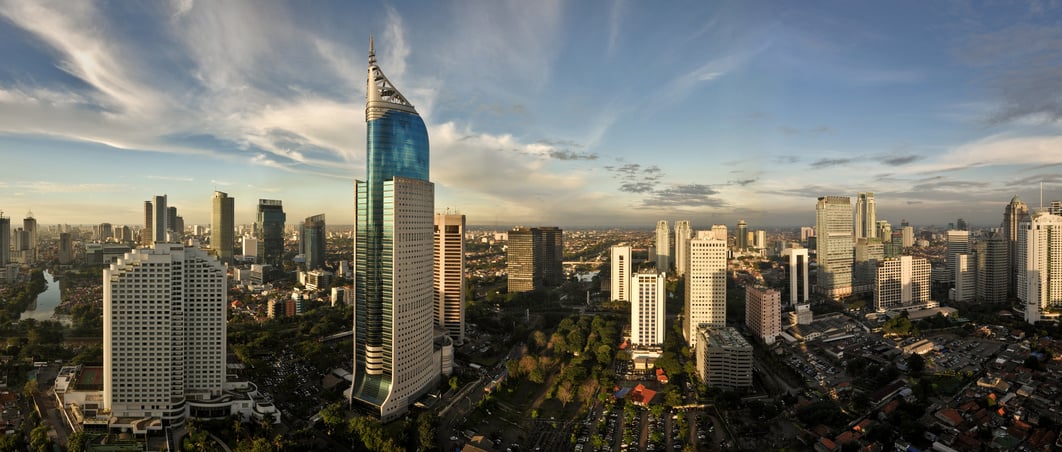On 11 July 2023, Indonesia’s house of representative (known as Dewan Perwakilan Rakyat Indonesia/DPR RI) approved the 2023 draft health law. A month later, the President enacted Law No. 17 of 2023 on Health (“Health Omnibus Law”) through the state secretariat. The Health Omnibus Law contains provisions on matters such as pharmaceutical preparations, medical devices, healthcare services, healthcare technology (including telehealth and telemedicine), R&D and other compulsory measures.
The Government of Indonesia issued Government Regulation in lieu of Law No. 2 of 2022 on Job Creation on 30 December 2022 (“Job Creation GRL”). This opens the second act of the Omnibus Law following the scrutiny by the Constitutional Court of the formalities in the creation of the original Job Creation Law which was issued in 2020. Content-wise, the 1,117-page Job Creation GRL is a non-identical twin sibling of the original Job Creation Law with substantive changes on halal certification, employment, taxation, and regional government as well as some non-substantive changes in other sectors such as water resources.
The Minister of Health issued MOH Regulation No. 24 of 2022 on Medical Records, which revokes MOH Regulation No. 269/MENKES/PER/III/2008, on the same topic on 31 August this year. The promulgation of MOH Regulation 24 underlines the digital transformation in Indonesia’s healthcare sector, as the regulation sets out detailed provisions on implementing the new electronic medical records provisions for healthcare facilities. The regulation aims to serve as a new legal framework for digital-based and integrated medical records.
Indonesia’s Consumer Protection Law generally takes a light-handed approach to protection of consumer interests. It generally seeks to lay out the principles for protecting consumers’ interests, leaving detailed regulations to the regulators and to industry self-governance. However, it does list specific types of clauses that are prohibited. Anyone who includes prohibited clauses in an agreement would be subject to the threat of criminal penalty of up to five years imprisonment or a fine of up to IDR 2 billion (around USD 130,000). Given these risks, it is crucial for any consumer-facing business to understand what types of clauses are actually prohibited and how it can ensure that it is compliant with these prohibitions.
On 30 August 2022, the Indonesian House of Representatives agreed to pass a law ratifying the Regional Comprehensive Economic Partnership, the largest regional free trade agreement outside the World Trade Organization — involving 10 ASEAN countries and five non-ASEAN countries, i.e., China, New Zealand, Australia, Japan and South Korea. With the passing of this law, which still requires promulgation by the President, RCEP is set to come into force for Indonesia, possibly before the end of the year.
This report, the fourth in our Asia Pacific Business Renewal Series, explores how businesses are now fortifying their ESG efforts and pivoting from strategy to action.
This report, the third in our Asia Pacific Business Renewal Series, explores how digital transformation (DX) has become a driving force in business decision making, and how it will shape the business landscape over the decade to come. As companies respond to shifting demand patterns and propel their DX agenda, the conversation turns to areas such as managing emerging risks, creating value from new technologies and aligning DX efforts with business renewal.
This report, the first of four in our Asia Pacific Business Renewal Series, will delve into how businesses view rising protectionism, regulatory scrutiny and foreign investment restrictions, and how these views are directly impacting their supply chain strategies.
In brief On 2 November 2020, President Joko Widodo enacted Law No. 11 of 2020 on Job Creation (“Omnibus Law”), covering amendments to various laws and regulations in Indonesia, including on halal product assurance. Article 48 and Article 185 (b) of the Omnibus Law mandated the Government to issue new…
On 22 October 2020, the Minister of Health (MOH) issued MOH Regulation No. 28 of 2020 on the Procurement of Vaccines for Corona Virus Disease 2019 (“COVID-19”) (“MOH Regulation 28”). MOH Regulation 28 is an implementing regulation of the Presidential Regulation No. 99 on the Procurement of COVID-19 Vaccine and Vaccination of COVID-19 (“PR 99”). We have addressed some of the key takeaways under PR 99 in our previous client alert. You can find the link to the client alert here.
MOH Regulation 28 regulates on four main themes of COVID-19 vaccine procurement: (i) types and amount of vaccine for procurement, (ii) procedure for procurement of vaccines, (iii) procedure for payment for vaccines and (iv) guidance and supervision on the procurement of vaccines.
As stipulated under PR 99, MOH has appointed PT Bio Farma (Persero) (“Bio Farma”) as the state-owned enterprise that will lead the procurement and distribution of COVID-19 vaccine in Indonesia. MOH Regulation 28 applies for all COVID-19 vaccines yet to come, not limited to the one that is being developed under the partnership between Government of Indonesia (GOI) (i.e., through Bio Farma) and Sinovac.







